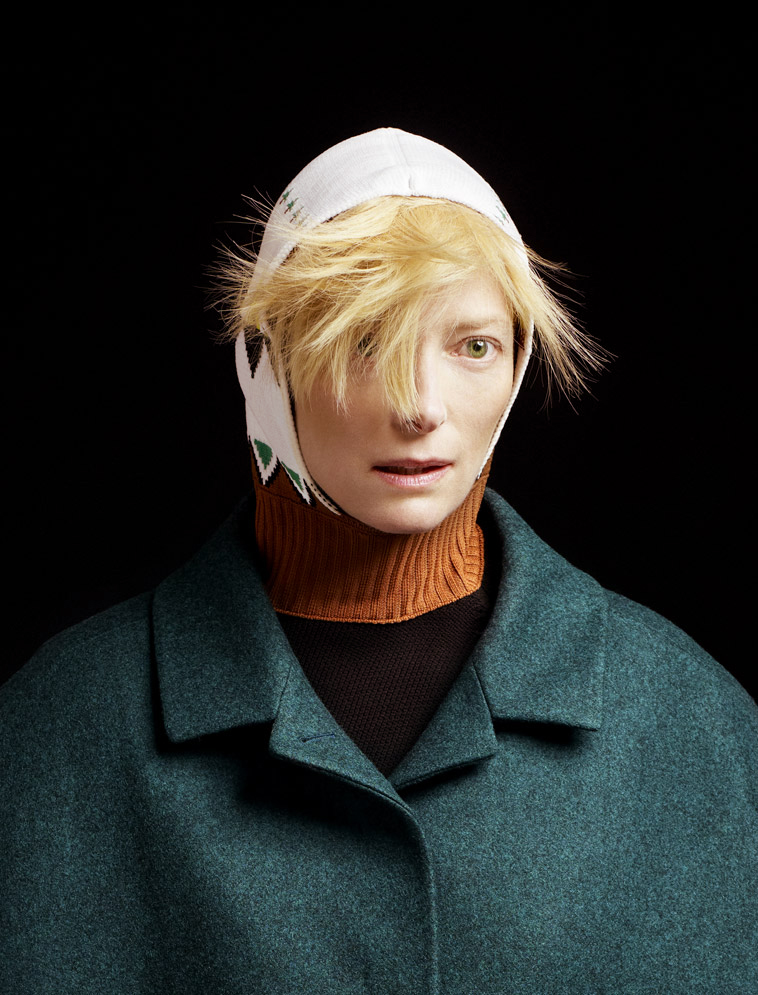
TIME asked Tilda Swinton to recall her life in front of the lens
The position of artist’s model is one in which I feel quite comfortable: frankly, were I able to choose, it would be a preferable description of my occupation—something between artist’s model and clown, for the sake of fuller disclosure.
There are pretty much no photographs in existence of me between the ages of about 9 and 25. My shyness made me crafty, long before I was persuaded by photographers to parlay it into something like revenge on the shymakers—and I got very good at sliding sideways out of the frame at the last minute.
I sometimes think that being photographed by a clicking still camera is infinitely more satisfying to me than shifting about for a whirring moving one. But in both cases, silence is grace. Still portraits operate their own code.
Not least because of my profound personal laziness, the whole bargain of staying still seems a particularly easy one for me. I like the combination of being required to be as authentic as possible—as unwatched—while remaining in some kind of communication with the camera, our great machine for empathy, and all the eyes beyond it.
Having said that, it can be energetically extremely expensive to be photographed, the agreement to be fully present—not always the easiest contract to strike. There is a sort of essential dare set up, the challenge to stay open and “undefended”: basically not to run and hide. Sometimes this can feel like wrangling a hairnet on a jellyfish.
Images of particular people I have played in films, themselves portraits spun out through a flip book of still moments, are interesting to nail down even in the early stages of building the film. The atmosphere, the context, tells all. Much is talked of the relationship between light and the subject in a photograph: for my money, the context within the frame is the more primary dance. It is vitally important to know if one is placed within a frame alongside a massive table lamp, a cast of thousands, a plaster wall—all elements are one’s compadres in the picture: one is only ever a form of set dressing to the lens. I like that fact.
The only frame of truly unique value [above], since it is the only one of someone, at 3, who had not yet learned to be shy, having never yet seen a picture of herself. This is her—invaluable and inviolable—context. Without that enviable luxury, these days, it is my honor to make shapes with photographers in the spirit of trust and playfulness, to provide the material of presence. It represents a kind of friendship in action: the surest route I have found back to the kindness of the kindergarten.

The images above are from I Am Love, Julia and We Need to Talk About Kevin, and are all by my sweetheart, Sandro Kopp, who is a painter. His attention to atmosphere—the hubbub of the formal luncheon around Emma, the hostess/the chop into the looming unguardedness of Julia hungover/the isolation of Eva like a fly caught in the web of Kevin’s defacement of her precious wall of maps—is everything, it sets the scene and serves the attitude of the ‘character’ by explaining it. This is how I like to play with ‘characters’ in the first place: imagine these moments of embeddedness, one after another, with all their details and points of counter focus. No person, even the subject of a feature film’s story, is not made by their context.
To me, Peter Hapak’s studio portraits resemble animal capture. This for me is a good thing: animal status being the high table. There is a plainness to Peter’s light which give all his images a sort of pioneer quality, somehow, as if the dust from long journeying is involved: his portraiture signifies—beyond a recording—a kind of reckoning. I feel a little bleached by his light here, not inappropriately, like something discovered under a hedge.
— Tilda Swinton
Tilda Swinton is an Academy Award-winning actress. Her most recent film, We Need to Talk About Kevin, will get a one-week awards consideration run in New York and Los Angeles on December 9, and opens in select cities on January 27.
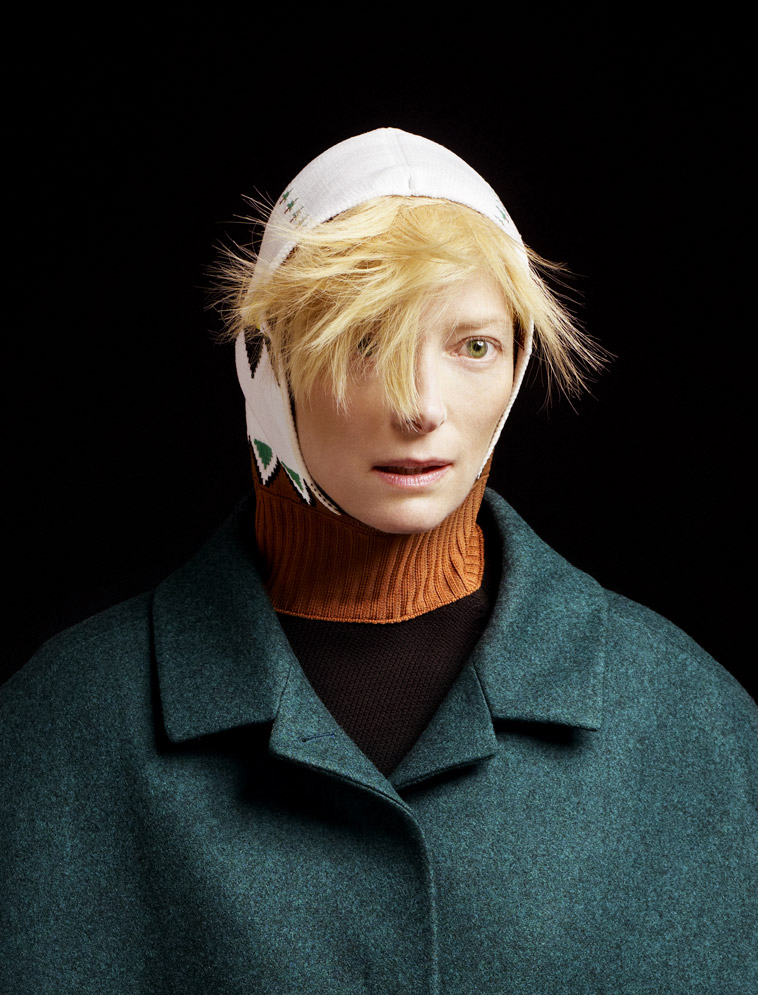
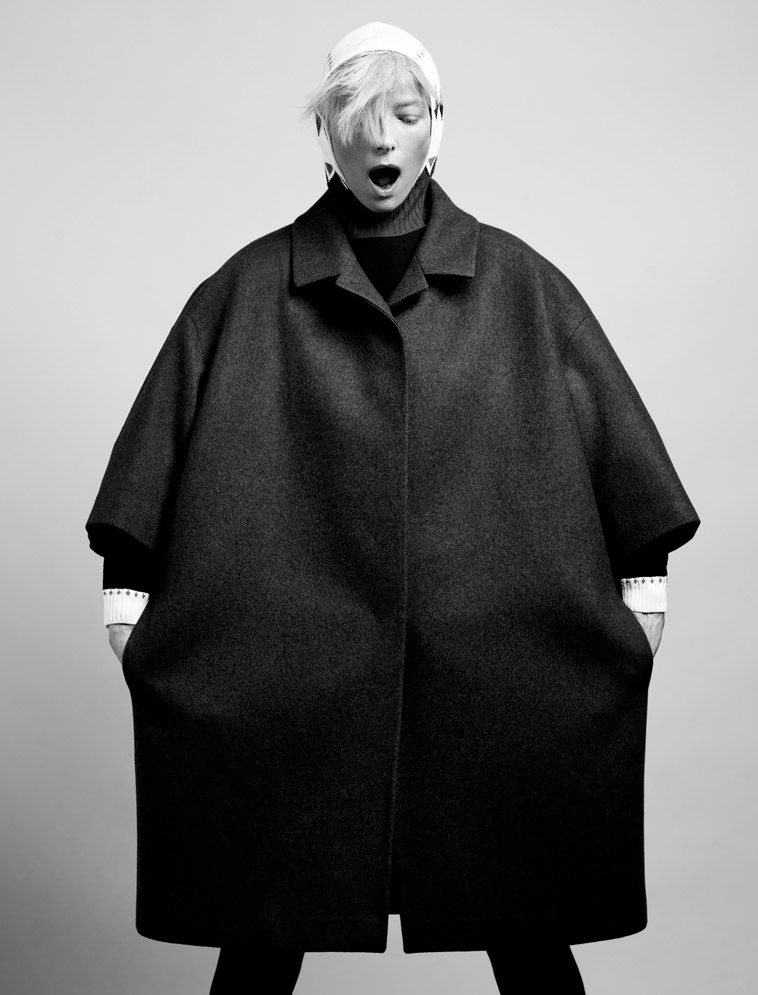
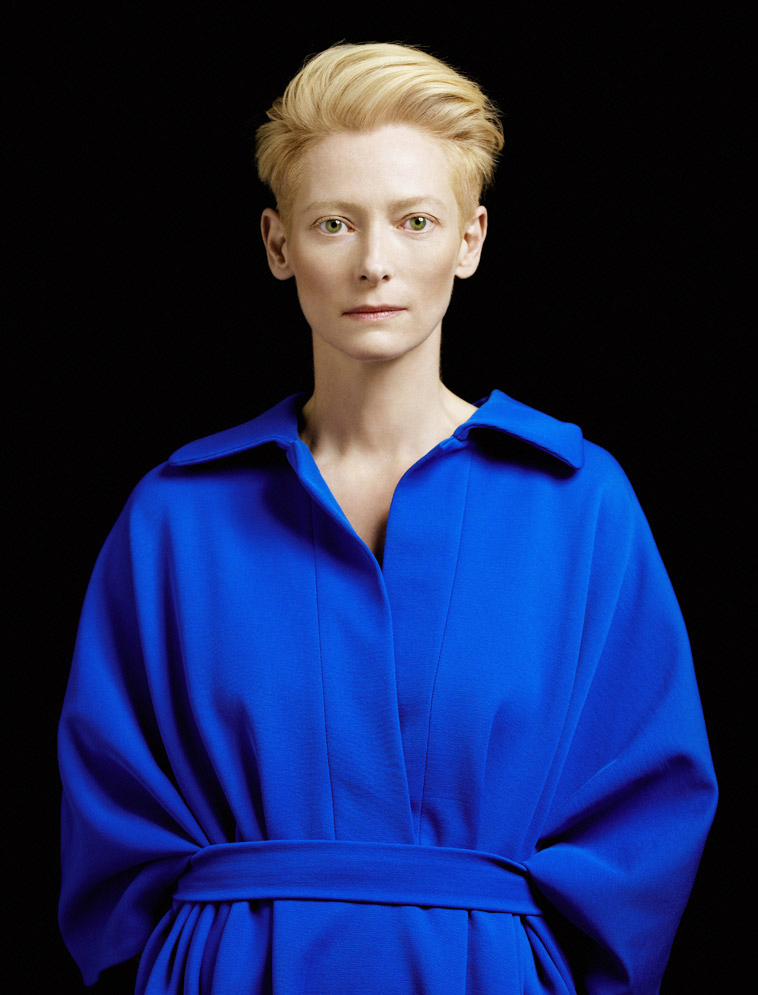

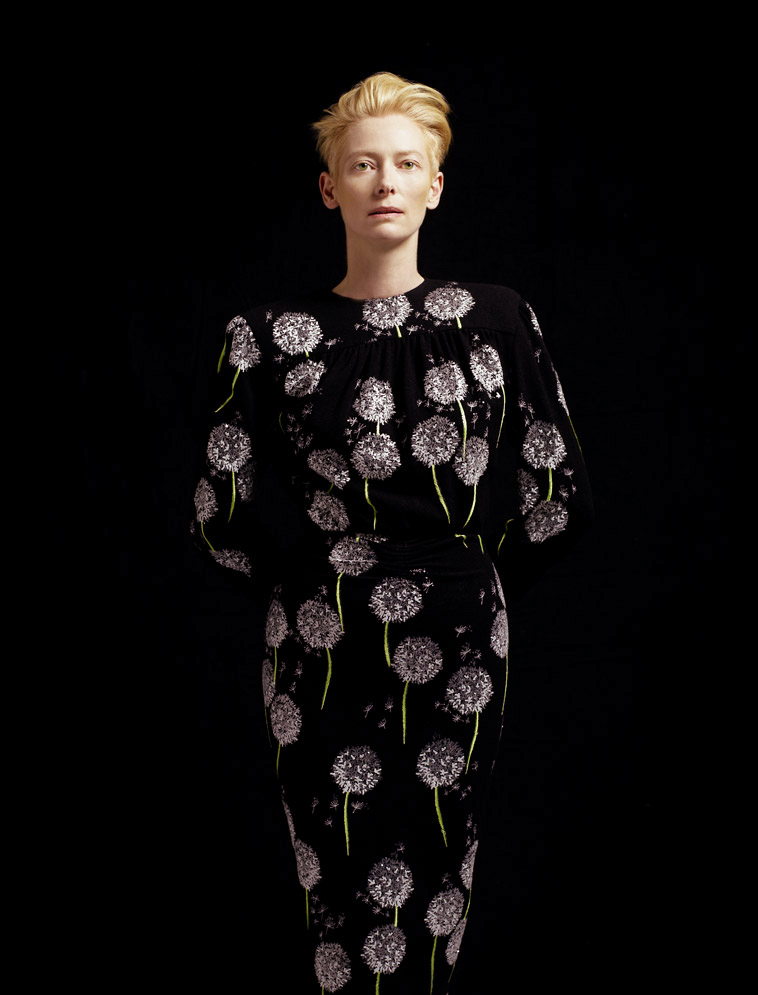
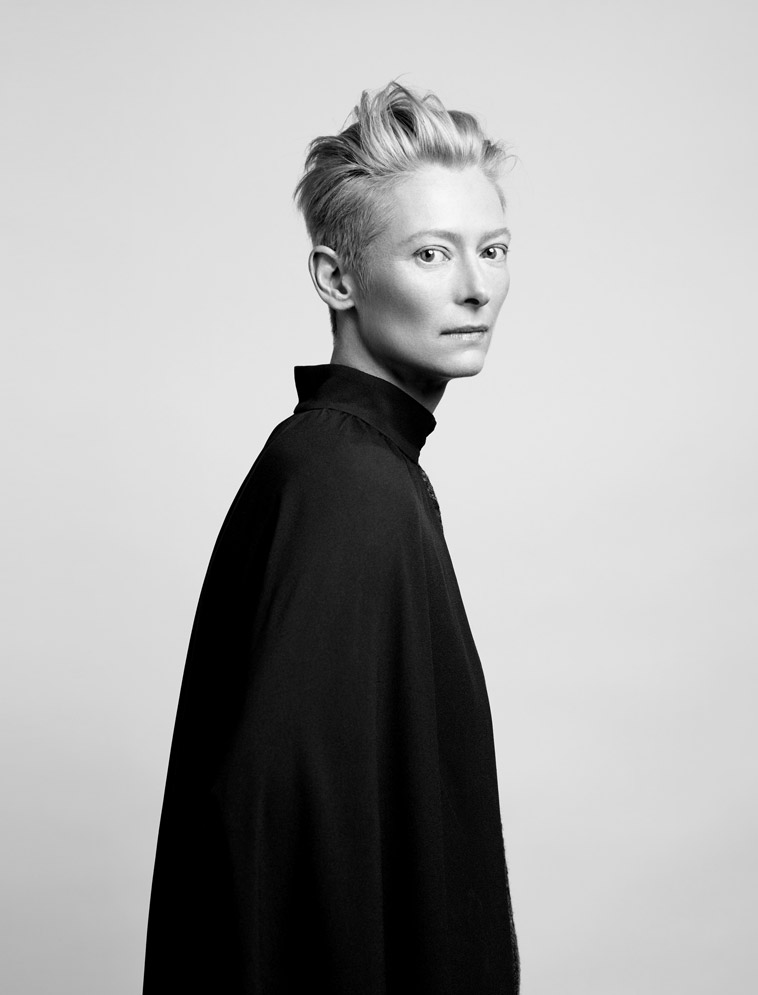
More Must-Reads from TIME
- Cybersecurity Experts Are Sounding the Alarm on DOGE
- Meet the 2025 Women of the Year
- The Harsh Truth About Disability Inclusion
- Why Do More Young Adults Have Cancer?
- Colman Domingo Leads With Radical Love
- How to Get Better at Doing Things Alone
- Michelle Zauner Stares Down the Darkness
Contact us at letters@time.com



